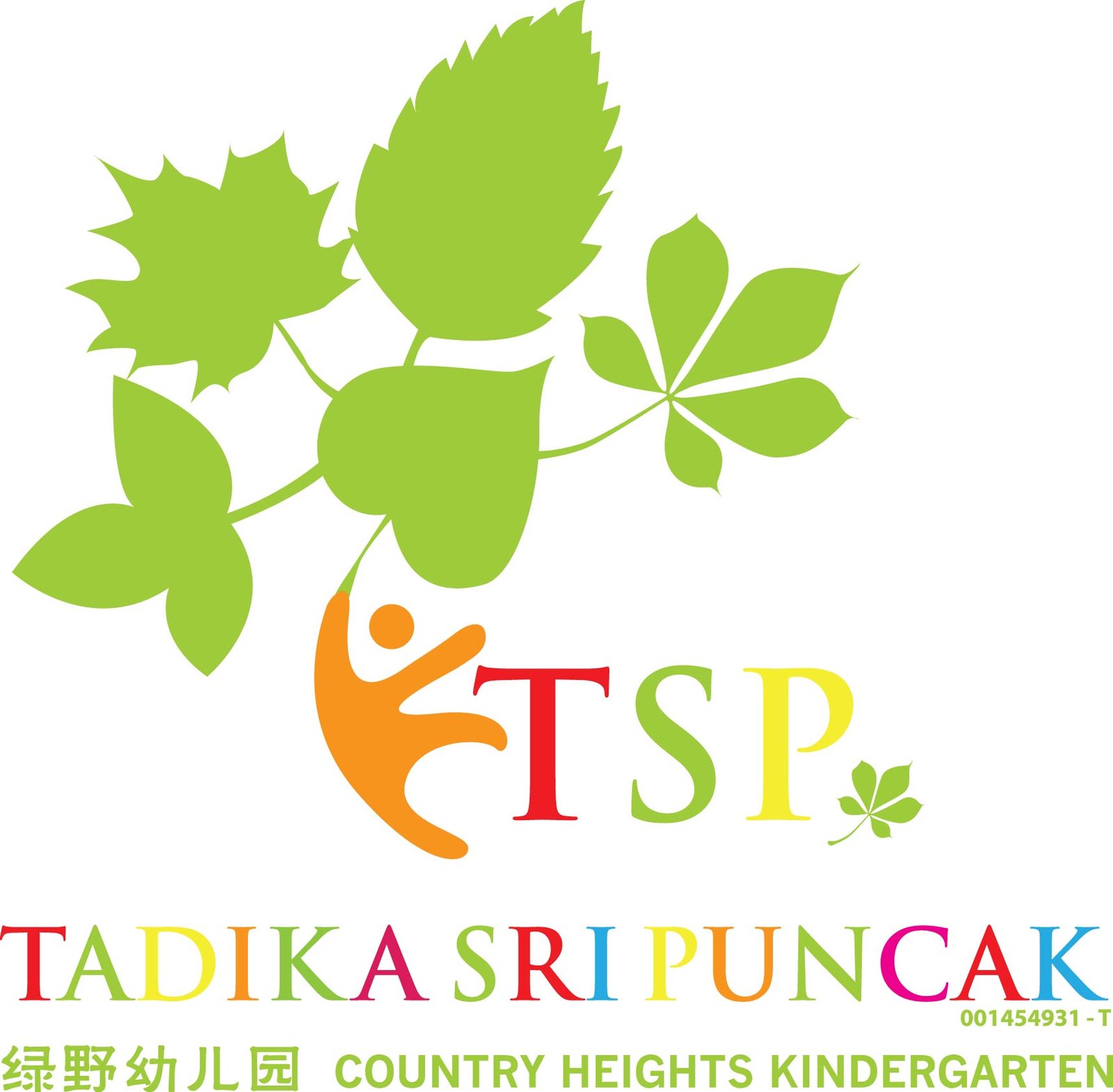Why Should The Child Attend School Before Age Six?

The first step in a Montessori education addresses itself to early childhood education and lays a foundation for how a child will learn throughout his/her life. A Montessori preschool is neither a baby-sitting service nor a regimented place where children are forced to achieve. We offer the child the opportunity to develop individually within a carefully defined structure. School is a natural and enjoyable experience.
Furthermore, the Montessori philosophy regards the years from birth to six as crucial in a child’s development. It is during this time that children have sensitive periods. This differs from a critical period. A sensitive period is one in which a child has a natural desire to acquire a particular trait or skill. He/she will occupy himself/herself with particular activities with an interest and concentration he/she will never again display for that particular activity. Unlike a critical period in which he/she must acquire the skill during that time or she will never acquire it, a sensitive period is one in which a child desires to accomplish a particular task. He/she could learn how to master that same task at a later time, but not with the same fervor, zeal and ease of the sensitive period.
Some examples of sensitive periods: Two-and-one-half and three-year-old children are usually in a sensitive period for order. If certain objects are not in their usual places, a young child will rearrange them until they are. It is also speculated that humor originates from this sensitivity. For example, if an adult put a vase on his head and called it a hat, a young child might be confused. She has recently learned in the order of our universe that vases are for flowers and hats are for heads. However, a four or five-year-old might find it amusing because the adult has deviated from the order the child knows well.
Four and five-year-old are in a sensitive period for writing. Parents also have reported that at a particular time their child will go through reams of paper printing numbers and letters. Their child really wants to perfect that skill. The length of this period varies and it is a transitory one. Once it is over, the child will still want to print numbers and letters, but not with the same fervor of the original period. Teachers have also observed children who were in a sensitive period for learning the sounds of letters. Each day some children would come to school and want to work on the letter sounds to the exclusion of other activities.
There are various sensitive periods. A parent or teacher cannot create a sensitive period in a child; however, the adult can follow and help the child to develop his/her interests. The Montessori school aids the child by providing opportunities for his/her to accomplish the tasks that are important to his/her at a given time. A traditional school, with time blocks for subjects and a curriculum into which each child must fit is not always able to help a child develop his/her interests and sensitivities.

